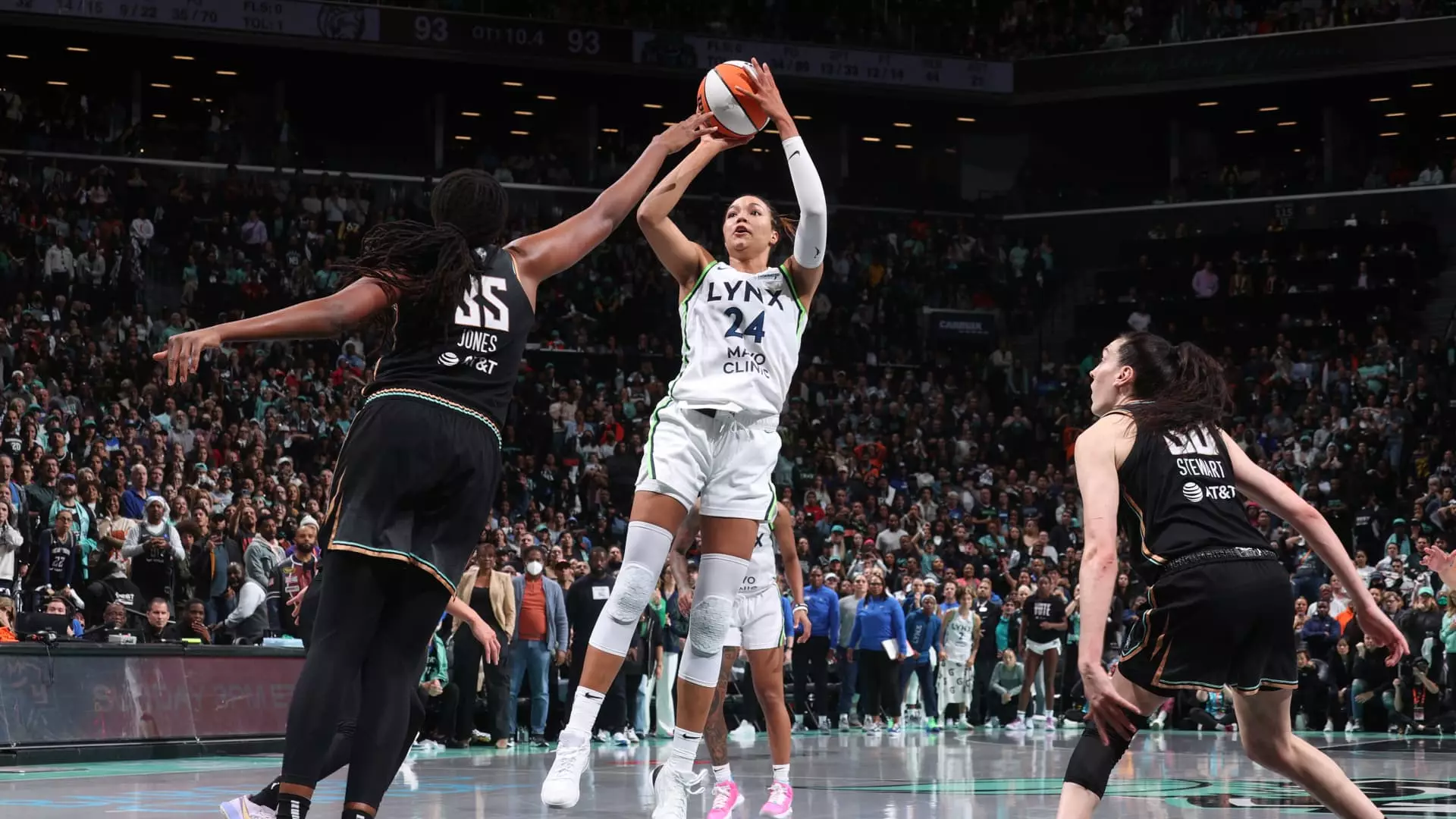The Women’s National Basketball Association (WNBA) is on the verge of a significant transformation with the upcoming 2025 season. As the league looks to build on its growing popularity, a multitude of exciting changes have been proposed that not only expand the regular season and playoff format but also increase the number of teams in the league. WNBA Commissioner Cathy Engelbert announced that the regular season will grow from 40 games to 44 games, along with lengthening the Finals from five games to seven. This monumental change stands as a testament to the league’s rising prominence and the fervent demand from fans who wish to see more competitive basketball featuring the sport’s best athletes.
Changes to the Playoff Format
Engelbert’s proposal to adopt a new playoff format is particularly noteworthy. The traditional playoff structure has seen substantial alteration, as the Finals will now follow a 2-2-1-1-1 home-game format, prioritizing the higher seed in hosting advantages. The first round of playoffs will also implement a more inclusive approach, alternating hosts rather than lining up games strictly according to seedings. These strategic changes illuminate the league’s desire to enhance viewer engagement and overall playoff excitement, providing a more balanced opportunity for teams to showcase their talents in front of fans.
Moreover, Engelbert indicated that these playoff adjustments weren’t made in haste; they have been in deliberation since the onset of the COVID-19 pandemic, marking a period that thrusts WNBA’s popularity into the spotlight. The addition of charter flights for teams further facilitated the league’s decision, demonstrating a commitment to improving the experience for players, teams, and fans alike.
In tandem with the playoff and season schedule modifications, the WNBA will welcome the Golden State Valkyries, the league’s 13th team, which is set to debut in 2025. This is merely the start of what’s to come; as Engelbert revealed plans for at least two more expansion teams in Toronto and Portland that will kick off in 2026. with discussions ongoing for a potential 16th team. These additions not only act as a response to the surging popularity of women’s basketball but also reflect a strategic move to further diversify the league’s fan base and market reach.
This expansion signifies a broader trend within women’s sports, garnering attention and investment from media executives and stakeholders keen to capitalize on the growth potential. WNBA’s recent media rights deal, amounting to $2.2 billion over the course of 11 seasons, is indicative of the league’s burgeoning status in the sports entertainment world. Such financial backing reaffirms the notion that women’s sports, buoyed by rising viewership and attendance figures, are thriving in the contemporary sports landscape.
However, as the league ascends to greater heights of visibility and engagement, troubling issues have emerged alongside this growth. Reports of racism and online harassment experienced by players have become increasingly prominent. Engelbert faced scrutiny for her initial responses to such matters, illustrating the complexities faced by women’s sports leagues, where expanding popularity does not always equate to a safe or inclusive environment for its athletes. Engelbert eventually clarified her stance, unequivocally denouncing any form of hate or racism; nevertheless, the dialogue surrounding these darker aspects continues to be critical as the WNBA expands its footprint.
At the crux of this evolution lies an opportunity to reinforce both the emotional and cultural significance of women’s sports. The presence of remarkable talent, notably rookies like Caitlin Clark and Angel Reese, continues to invigorate the league as they play side-by-side with established greats such as Breanna Stewart and A’ja Wilson. Remarkably, engagements across various platforms have surged, amplifying the voices and experiences of these talented players.
While the 2024 season approaches its climax with the ongoing Finals between the Minnesota Lynx and New York Liberty, it is clear that the future is bright for the WNBA. As fans eagerly anticipate the exciting developments set for 2025 and beyond, the league’s commitment to adaptation and inclusion promises to carve a pathway for sustainable success. This new chapter is not merely about basketball; it is about a growing movement that honors the strength and skill of female athletes while simultaneously addressing ongoing challenges head-on. As the league gears up for its expansions, it promises more games, more teams, and most importantly, more opportunities to witness the exceptional talent that defines women’s professional basketball.

